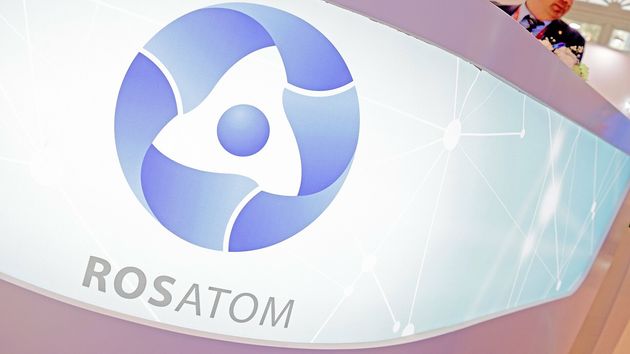In the global race to develop lithium resources for use in electric vehicles and energy storage systems, Russia has fallen behind. But one of its major state corporations, Rosatom, this week projected in an in-house publication that the nation could achieve domestic lithium production equivalent to 3.5% of the world's output by 2025, S&P Global Platts writes in the article Russia aims to supply 3.5% of world's lithium by mid-decade. Rare metals, especially lithium -- its extraction and processing -- is one of the two non-core businesses that Rosatom has been trying to develop over the last five years or so, with the other being biofuels.
The state nuclear company has come up with its own technology for extracting lithium in a sustainable manner, but has yet to achieve its primary objective -- getting hold of mineral resources. It has said that, for various reasons -- although Russia has its own lithium deposits in eastern Siberia and Yakutia -- these are likely to be foreign.
The corporation aims to sign a number of contracts that would give it ownership -- partial or full -- in lithium-bearing mineral assets. The move would enable it to start extracting lithium from captive raw material by the end of 2021 and to market the products by as soon as 2023.
Rosatom is considering the acquisition of lithium mineral assets in Africa and Latin America and plans to process the extracted metal in Russia, with the saleable products marketed globally.
The company declined to give an estimate for lithium demand by the year it could become a noticeable player in the global market, but has said it could quadruple by 2030.
The corporation also declined to disclose whether it makes any lithium at present and what share of the world's total its production equates to.
As of October 2019, it was making commercial lithium from externally sourced import ore at its Novosibirsk Chemical Concentrates Plant whose principal product is fuel for nuclear power plants.
In mid-2017, Rosatom said it would invest Rb1 billion ($15.6 million at the exchange rate at that point) to set up the production of lithium-ion power batteries at Novosibirsk, but declined to confirm whether this investment was ultimately made.
The corporation and its Uranium One Group (U1G) subsidiary already have a series of non-binding agreements signed in the course of the last few years, but it isn't yet clear whether any of these have developed into formal enterprises. The most recent agreement took place a year ago, when U1G signed a memorandum of understanding in October with Canadian group Wealth Minerals, outlining the acquisition by U1G of a majority stake in Wealth Mineral's Atacama lithium project in Chile. But this has been put on hold due to COVID-19, as well as a likely update to Chilean policy regulating lithium production and trade.






